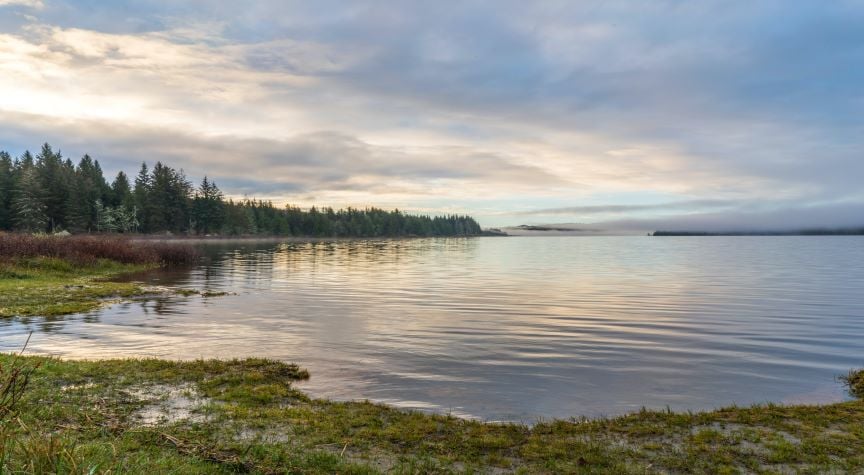Fourth Circuit Decision Suggests Trend in Expanding Access to CWA Citizen Suits

On July 20, 2022, the U.S. Court of Appeals for the 4th Circuit addressed when a state agency’s prosecution commences and thus precludes citizen suits under the Clean Water Act (CWA). The 4th Circuit determined that a state-issued notice of violation alone is insufficient to bar a citizen suit. Naturaland Trust v. Dakota Finance LLC, No. 21-1517, 2022 WL 2824971 (4th Cir. July 20, 2022).
The CWA provides a cause of action for adversely affected persons to sue polluters in federal court. 33 U.S.C. § 1365(a)(1). Individuals are precluded from pursuing a citizen suit where the state has commenced and is diligently prosecuting an action under a state law comparable to the federal scheme for assessing civil penalties. 33 U.S.C. § 1319(g)(6)(A)(ii). Once a state agency begins its “diligent prosecution” of a civil action, individuals may not seek relief through the CWA’s citizen-suit provision.
Arabella Farms LLC constructed a working farm containing an orchard, vineyard, and event space bordered by three separate bodies of water. Believing its construction work fell within an agricultural exemption to the CWA, Arabella Farms did not seek stormwater permitting approval from the South Carolina Department of Health and Environmental Control (SCDHE). In August 2019, the SCDHE notified Arabella Farms that it was required to obtain a National Pollutant Discharge Elimination System (NPDES) permit and in September 2019, the SCDHE sent Arabella Farms a Notice of Alleged Violation/Notice of Enforcement Conference. Two conservation groups, Naturaland Trust and Trout Unlimited, sent a Notice of Intent To Sue letter to Arabella Farms in November 2019, and after the 60-day notice period elapsed, the conservation groups filed a citizen in federal court. The district court dismissed the conservation groups’ complaint, finding in part that the SCHDE had begun its diligent prosecution of the enforcement action against Arabella Farms. The 4th Circuit reversed.
33 U.S.C. § 1319(g)(4) requires a “comparable” state action to commence for the diligent prosecution bar to apply. The 4th Circuit explains that the Notice of Alleged Violation was not comparable to a federal action as the notice merely invited Arabella Farm to an informal, voluntary, private conference with SCDHE without reference to potential penalties or sanctions that would flow from the failure to attend such conference. Although the Notice of Alleged Violation may have been a necessary step in the SCHDE’s enforcement process, it did not commence an adversarial proceeding.
The 4th Circuit’s decision follows after a recent 1st Circuit decision overturned its longstanding bar on CWA citizen suits seeking declaratory relief due to diligent prosecution. The majority opinion also relied on the 11th Circuit’s decision in McAbee v. City of Fort Payne, 381 F.3d 1248 (11th Cir. 2003), and the 7th Circuit’s decision in Friends of Milwaukee Metropolitan Sewerage District, 382 F.3d 743 (7th Cir. 2004), where both courts followed similar analysis in determining when diligent prosecution had commenced. In each case, the court limited the circumstances under which an agency begins the diligent prosecution that precludes a citizen suit.
The 4th Circuit’s decision suggests a trend in expanding availability of CWA citizen suits. In narrowing the definition of diligent prosecution and outlining more stringent requirements for an adversarial proceeding, the 4th circuit has expanded access to individuals who are adversely affected by negative environmental impacts.
For more information on environmental citizen suits, please contact a member of Taft’s Environmental practice.
In This Article
You May Also Like
Certain Administrative Claims Now Accrue Upon Injury Not Date of Agency Action The Death of Chevron: The Next Step in Remaking Administrative Law?